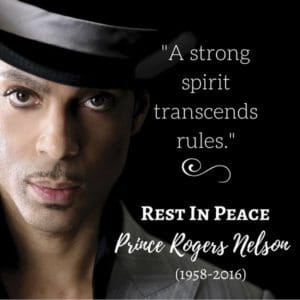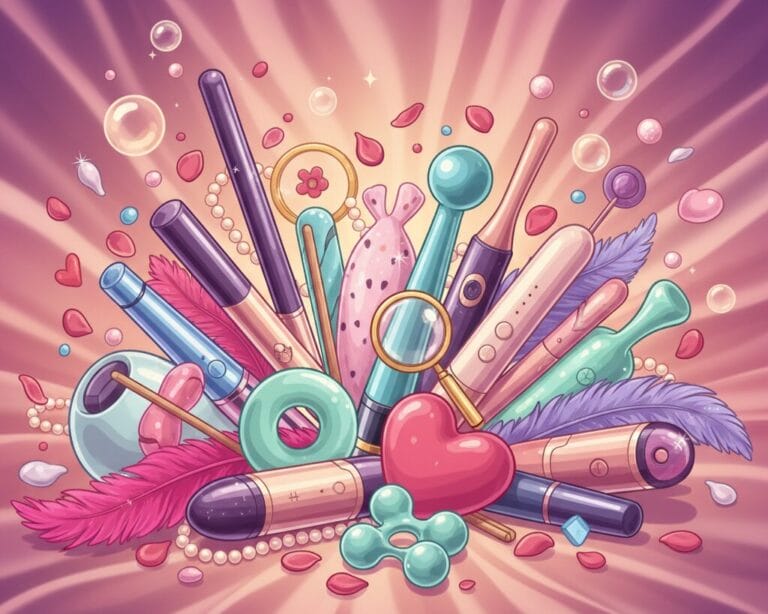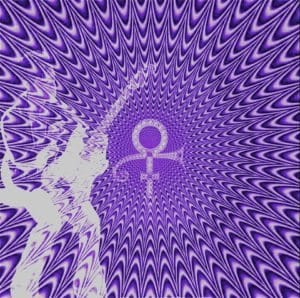
Prince: The Icon Who Redefined Sexuality Through Music
Prince and the New Sexual Generation
Prince has passed, and it’s a loss that’s hard to believe. I’m heartbroken, shocked, and deeply saddened. Prince wasn’t just a legendary musician—he advocated for sexual expression, a visionary who bridged sexuality and spirituality, and a cultural icon for Generation X. His music, persona, and fearless exploration of gender and sexuality shaped the world of music and how we understand sexual freedom.
For me, Prince wasn’t just an artist; he was a guide on my journey of self-discovery, music, and sexuality. Growing up in the 80s, Prince challenged cultural norms around sex, and his lyrics became a form of sex therapy. His evolution as an artist and human being inspired millions, and his boldness helped countless individuals feel seen, celebrated, and liberated.
How Prince Changed the Sexual Conversation
Prince was unapologetically provocative. His debut video, “I Wanna Be Your Lover,” featured him dancing in a leopard bodysuit with long feathered hair, a bold statement of androgyny. Whether wearing lingerie, thigh-high boots, or trench coats, Prince blurred the lines between masculine and feminine. He made it clear that sexuality was fluid and personal and could be expressed however you desired.
Prince’s ability to embody both masculine and feminine energies challenged cultural norms, and his persona became a blueprint for gender fluidity and self-expression. He showed us that sexiness wasn’t about fitting into a mold but confidence, freedom, and attitude.
As I dressed as Prince in Purple Rain for the first time, channeling his most iconic looks became an annual tradition. Every time I drew on that mustache, applied winged eyeliner, and donned purple eyeshadow, I felt the same sense of freedom and authenticity that Prince exuded.
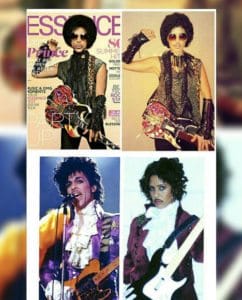
The Symbol of Sexual Freedom and Self-Expression
Prince’s famous Love Symbol—a fusion of the male and female gender signs resembling the Egyptian ankh—symbolized androgyny, gender fluidity, and eternal life. It was a bold declaration that gender and sexuality are ever-evolving, deeply personal, and not to be confined by societal norms. ![]()
His bold exploration of sexuality, seen in songs like “Erotic City” and “Cream,” celebrated sexual pleasure without shame. Prince’s lyrics permitted both men and women to express their desires freely, to love their bodies, and to explore the depths of their sexuality. His music reminded us that sexual empowerment is part of our spiritual and emotional growth. 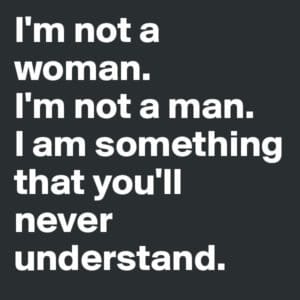
Prince’s Lyrics: A Form of Sex Therapy
Prince’s music often touched on themes of sexual liberation, love, and fantasy. His songs weren’t just about pleasure—they were anthems of self-discovery and empowerment. “Do Me Baby,” “Cream,” and “Erotic City” celebrated the joy of sexual ecstasy, while “Pheromone” and “Scandalous” delved into the psychological and emotional elements of desire. 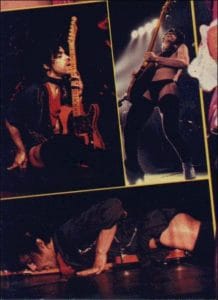
His lyrics encouraged women to embrace their sexual appetites and men to find pleasure in indulging them. He created space for sexual fantasies to flourish, transforming sexuality into an art form. It was raw, honest, and transcendent. Prince made it okay to talk about sex, to seek pleasure, and to express intimacy without fear.
Here’s a sample of some of Prince’s sexiest and most empowering lyrics:
- “Take me, baby, kiss me all over / Play with my love / Bring out what’s been in me for far too long / Baby, you know that’s all I’ve been dreaming of” — Do Me Baby
- “If we cannot make babies / Maybe we can make some time / Fuck so pretty, you and me / Erotic City come alive” — Erotic City
- “Tonight you’re a star, and I’m the big dipper” — Gett Off
The Spiritual Side of Prince
While Prince was known for his provocative lyrics, his music was also deeply spiritual. He saw sex and spirituality as intertwined, believing that our sexual urges were part of our divine nature. He was unafraid to weave religious imagery and themes into his songs, exploring the intersection of love, God, and desire. 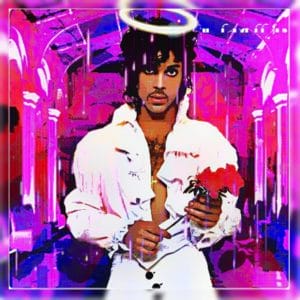
In “Controversy,” Prince recited lines from the Our Father prayer, and in “1999,” he referenced Judgment Day. His songs were filled with innuendos about God, life, and passion. For Prince, there was no separation between the erotic and the divine. As Toure wrote in I Would Die For You, “The erotic intertwined with the divine. The God he worshiped wants us to have passionate and meaningful sex.”
Later in life, Prince became a Jehovah’s Witness, and his spirituality took center stage. Though he may have toned down his more provocative performances, the message of sexual and spiritual liberation remained a core part of his identity.
The Legacy of Prince’s Purple Reign
I can’t think of purple without thinking of Prince. He made the color his own, a symbol of royalty, sexuality, and sensuality. Purple uplifts mood calms the mind and evokes a sense of creativity and eroticism. Studies even show that people with purple bedrooms have more active sex lives!
Prince’s connection to purple was more than aesthetic—it embodied his essence. He was the ultimate fantasy, the perfect blend of sexuality, spirituality, and rebellion. He taught us to be unafraid, to embrace our desires, and to love ourselves without shame.
Prince’s Lasting Impact on Sexuality and Spirituality
Prince’s music, vision, and unapologetic celebration of sex and love will forever leave a mark on the world. He was more than a musician—he pioneered sexual liberation, gender fluidity, and spiritual exploration. He showed us that love and sexuality are expressions of the soul and deserve to be celebrated.
Prince, you will forever be missed, but your legacy will continue to inspire future generations. Thank you for teaching us to love ourselves, our bodies, and our sexuality. Rest in peace, Prince.
